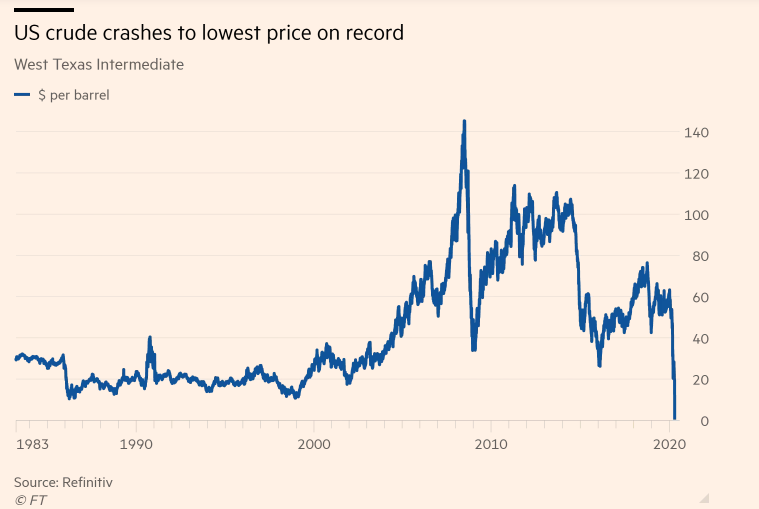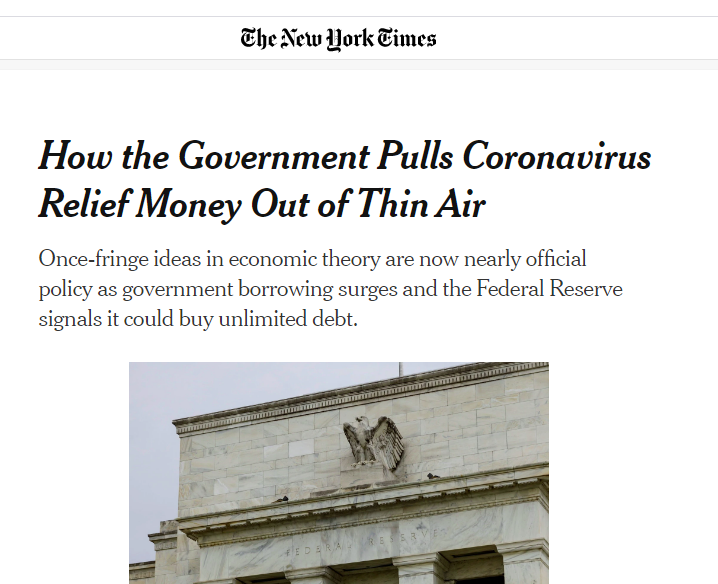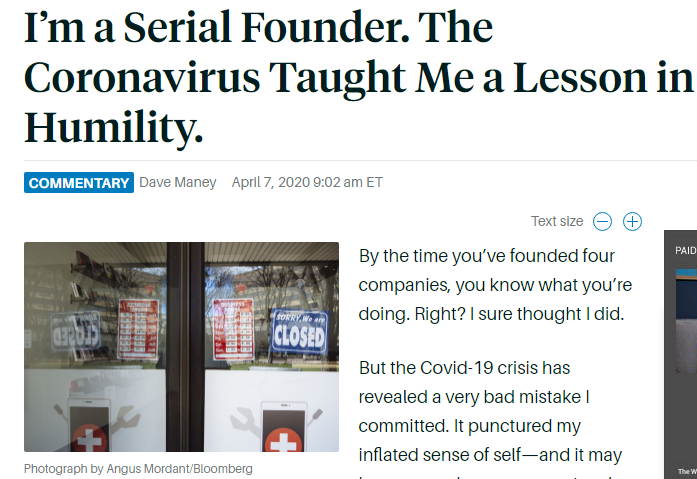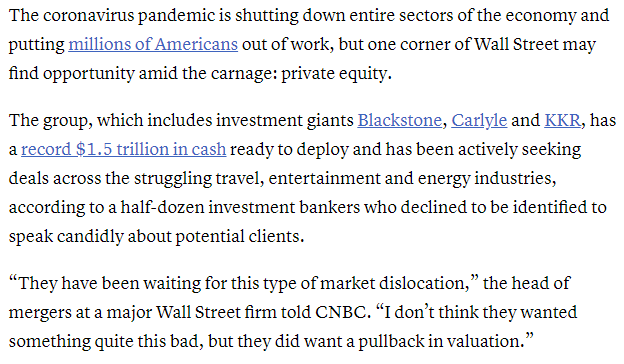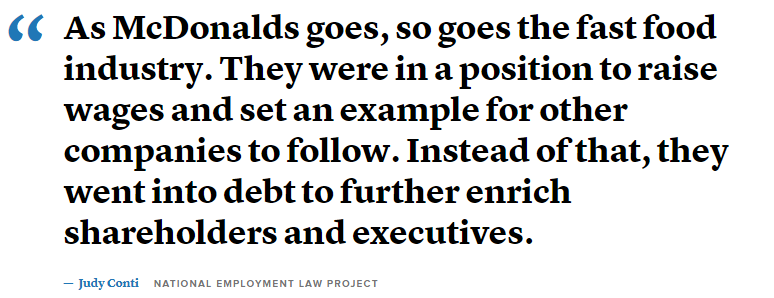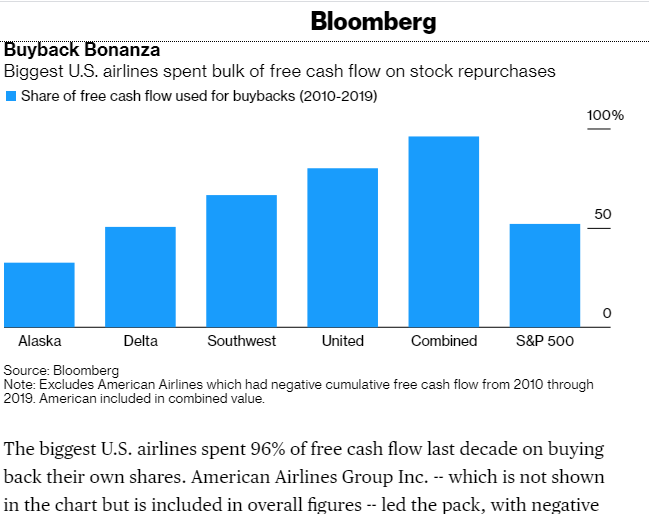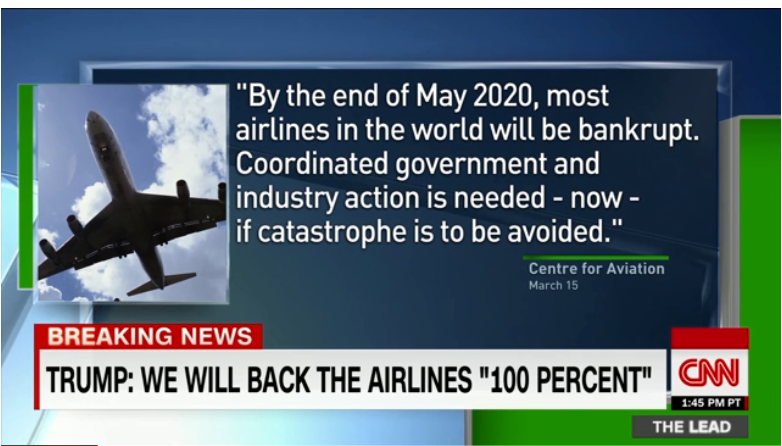Envisioning the role of a CEO in 2035 requires understanding the trajectory of current trends in technology, societal expectations, global economics, and environmental concerns. The landscape of leadership is transforming, suggesting that CEOs will need to navigate a world vastly different from today’s. Here’s how the job of a CEO might look in 2035:
Mastery of Technology and Innovation
By 2035, technology will be even more deeply woven into the fabric of business. CEOs will need to be adept at leveraging emerging technologies such as artificial intelligence (AI), machine learning, blockchain, and quantum computing. Understanding how these technologies can be applied to enhance business operations, product offerings, and customer experiences will be crucial. The successful CEO will be one who can anticipate technological disruptions and position their company to benefit from them rather than be sidelined.
Champion of Sustainability and Social Responsibility
The increasing urgency of climate change and social inequality will make sustainability and social responsibility core components of every company’s strategy. CEOs will be expected to lead their companies in a way that not only generates profit but also contributes positively to the planet and society. This could involve initiatives to reduce carbon footprints, ethical supply chain management, and efforts to address social issues through business practices. Transparent reporting on environmental, social, and governance (ESG) criteria will likely be the norm, and CEOs will be at the forefront of these initiatives.
Architect of Agile and Resilient Organizations
The pace of change will only accelerate, making agility and resilience key attributes of successful organizations. CEOs in 2035 will need to foster a culture of innovation, where experimentation is encouraged and failure is seen as a stepping stone to success. Building teams that can quickly adapt to changing circumstances, pivot strategies when needed, and remain resilient in the face of challenges will be a critical responsibility of future CEOs.
Builder of Diverse and Inclusive Workplaces
Diversity and inclusion will be even more critical in 2035, as companies recognize the value of diverse perspectives in driving innovation and understanding global markets. CEOs will need to go beyond superficial measures to create genuinely inclusive cultures where everyone feels valued and empowered. This includes ensuring diversity at all levels of the organization, from the boardroom to entry-level positions, and actively working to eliminate bias and discrimination.
Visionary Leader and Ethical Steward
The CEO of 2035 will need to be a visionary, capable of looking beyond short-term gains to see the bigger picture of how their company fits into a rapidly changing world. Ethical leadership will be paramount, as stakeholders increasingly hold companies to high standards of integrity and transparency. CEOs will need to navigate complex ethical dilemmas, making decisions that balance the interests of various stakeholders while adhering to core values.
Conclusion
In summary, the CEO of 2035 will be much more than a business leader. They will be technology-savvy innovators, champions of sustainability and social responsibility, architects of agile and resilient organizations, builders of diverse and inclusive workplaces, and visionary leaders who operate with the highest ethical standards. The CEOs who can rise to these challenges will be well-positioned to lead their companies into a prosperous and sustainable future. Ram Subramaniam.


